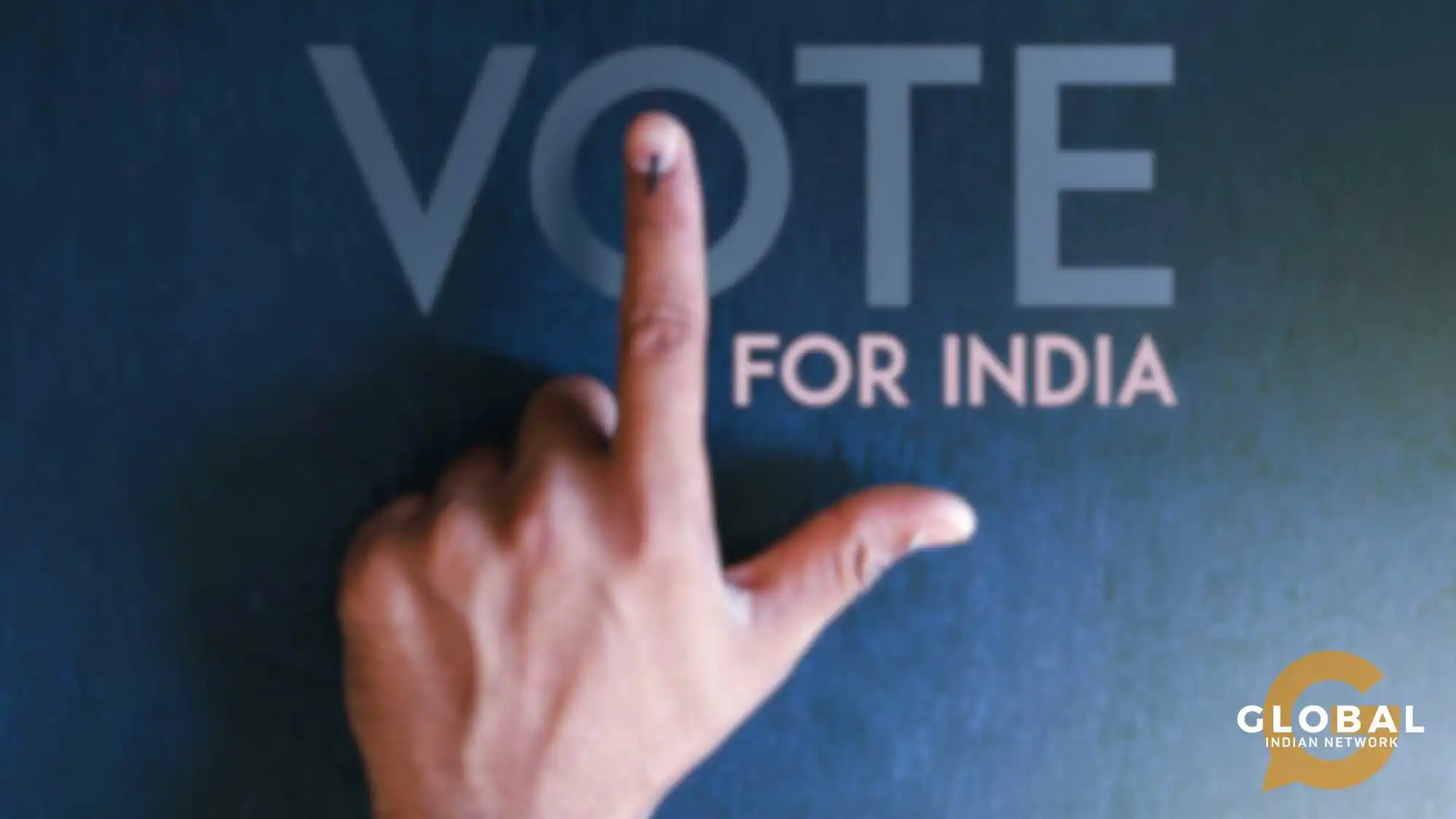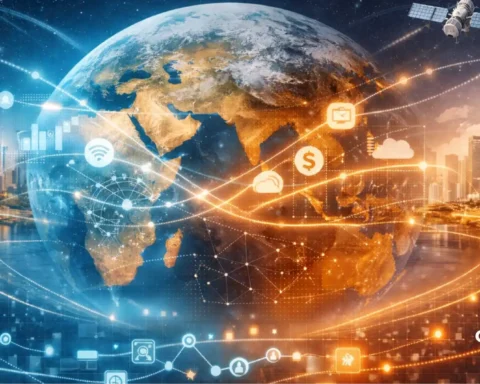India, as the world’s largest democracy, is a complex intersection of religion and politics. The role of religion in politics in India has long been debated, shaped by the nation’s diverse religious identity and its constitutional commitment to secularism. This dynamic relationship between faith and governance continues to evolve, influencing electoral outcomes, public policy, and national identity. To understand this interplay, one must delve into both the historical context and the current political landscape, where religion and politics often overlap.
Table of Contents
Understanding the Role of Religion in Politics in India: A Deep Dive into Secularism and Identity
India’s constitution declares the country a secular state with no official religion. This principle of secularism theoretically upholds the separation of religion from state affairs. However, the role of religion in politics in India is far from neutral. Over the decades, Indian politics has seen the continuous mobilization of religious identity to rally voters, creating an environment where religious matters heavily influence political discourse.
Secularism in India differs from the Western model; rather than an exclusion of religion from public life, Indian secularism advocates for equal respect toward all religions, recognizing the plurality of faiths in the country. Indian society is home to major religions such as Hinduism, Islam, Christianity, and Sikhism, among others. While the basis of religion in Indian society is deeply ingrained, the politicization of religion has added layers of complexity to this secular framework. Political parties often tread along religious lines, either in support of or against particular religious affiliations, shaping India’s unique democratic government.
The role of religion in Indian politics has historical roots in the nationalist movement, where figures like Mahatma Gandhi utilized religious concepts and rhetoric to inspire the masses. Gandhi’s fight against caste discrimination and the promotion of social reform movements through religiously inspired non-violence made a lasting impact. In contemporary times, the intersection of religion and politics in India has become even more prominent, raising concerns over religious tensions and the exclusion of marginalized sections of society, including religious minorities.

The Role of Religion in Politics in India: How Faith Influences Electoral Outcomes
Political mobilization along religious lines has significantly influenced electoral outcomes in India. Religious rhetoric and identity politics often play a pivotal role during parliamentary elections, with political parties leveraging faith-based sentiments to gain the trust of religious communities. The role of religion in politics in India becomes particularly evident during national and regional elections, where political parties may cater to specific religious bodies or advocate for policies that align with religious values.
Religious leaders often play a key role in shaping public debate and guiding political life, endorsing candidates or policies that align with their religious views. For instance, the political influence of religious leaders can be seen in various regions of the country, where religious organizations or clergy exercise influence over their followers. This influence in politics is not limited to the Hindu majority; religious minorities, such as Muslims and Christians, also exert political authority through community leaders and religious bodies.
The political mobilization of religious communities is not without controversy. Religious tensions have, at times, led to communal polarization, as seen during the rise of militant Hindu right-wing parties that have used religious rhetoric to consolidate Hindu voters. Communal riots and religious segregation have, in some instances, been linked to political agendas that exploit religious differences for electoral gains. The politicization of religion often sparks communal tensions, which challenge the concept of an inclusive society.
Religious identity also intersects with caste, another powerful force in Indian politics. The interplay between caste and religion shapes political authority and party dynamics, with Scheduled Castes and other marginalized groups seeking political representation. Political parties often engage in identity politics by appealing to specific caste and religious groups, complicating the picture of Indian politics.
How Religion Shapes Political Policies and National Identity
Religion has not only influenced elections but also shaped policy-making and India’s national identity. Throughout India’s history, religious concepts have been embedded in the public discourse around issues like interreligious marriages, social reform, and religious segregation. These debates influence how the state approaches sensitive topics related to religious matters and public life, often aligning policies with the sentiments of religious citizens.
The Narendra Modi government, for instance, has seen the rise of policies aimed at promoting Hindu cultural identity, sparking both support and criticism. On the one hand, religious people who align with this vision of Indian identity view these policies as a positive role for religion in strengthening national identity. On the other hand, critics point to the increasing communal polarization and argue that the politicization of religion could undermine India’s democratic fabric. In this light, the role of religion in politics in India becomes central to discussions on national cohesion and the future trajectory of the country’s politics.
Furthermore, religious rhetoric can sometimes influence decisions on public policy related to healthcare services, education, and social reforms. The fight against caste discrimination, for instance, has often seen a religious dimension, with certain political leaders advocating for policies that align with their religious affiliations. The national election results often reflect the success of these strategies, as religious identities continue to play a crucial role in shaping political influence.
The Role of Religion in India’s Democratic Government
Looking ahead, the role of religion in politics in India will continue to evolve, reflecting the broader social, cultural, and political shifts in the country. The foreseeable future indicates that religion will maintain its influence in politics, especially as India continues to grapple with questions of identity politics and religious tensions. Religious leaders and political parties are likely to remain intertwined, with each influencing the other in their pursuit of political authority and social reform.
In addition to the electoral process, the intersection of religion and politics is expected to shape the political discourse on religious segregation, inclusive society policies, and the broader vision of national identity. The effects of religion on India’s form of government may also invite debates about the limits of religious influence in a secular, democratic government. Political parties will likely continue to cater to religious bodies and leaders as they seek broader audiences and voter bases.
As the world’s largest democracy, India faces the ongoing challenge of balancing its secular ideals with the religious sentiments of its people. The role of religion in politics in India is a complex phenomenon that will require careful navigation to ensure that religious identity and national identity do not collide but coexist in a way that fosters peace, unity, and democratic growth.
YOU MIGHT BE INTERESTED IN: Contemporary Perspectives: The Impact of Islam on Indian Society Today
Conclusion
In conclusion, the role of religion in politics in India is an enduring and evolving force, shaping both electoral outcomes and the broader socio-political landscape. While religion offers a foundation for cultural identity and public values, its politicization has led to challenges like communal polarization and identity politics. As India continues to navigate this intricate relationship, the balance between religious influence and secular ideals remains crucial for sustaining democratic governance. Ultimately, the future of Indian politics will depend on harmonizing these forces to promote unity, inclusivity, and national cohesion.

FAQs
What is the Role of Religion in Politics?
Religion often serves as a powerful motivator for political action, influencing voter behaviour and party alignment. It can shape public policy, guide political discourse, and mobilize communities around shared values and beliefs.
What Role Does Religion Play in India?
In India, religion significantly impacts electoral politics, where political parties often appeal to specific religious groups to garner support. This interplay between religion and politics shapes national identity and can lead to both social cohesion and communal tensions.
What is the Role of Caste and Religion in Indian politics?
Caste and religion often intersect in Indian politics, with both serving as critical identities that influence voter preferences and party strategies. Political parties frequently mobilize support along these lines, leading to identity-based politics that can affect policy-making and governance.









